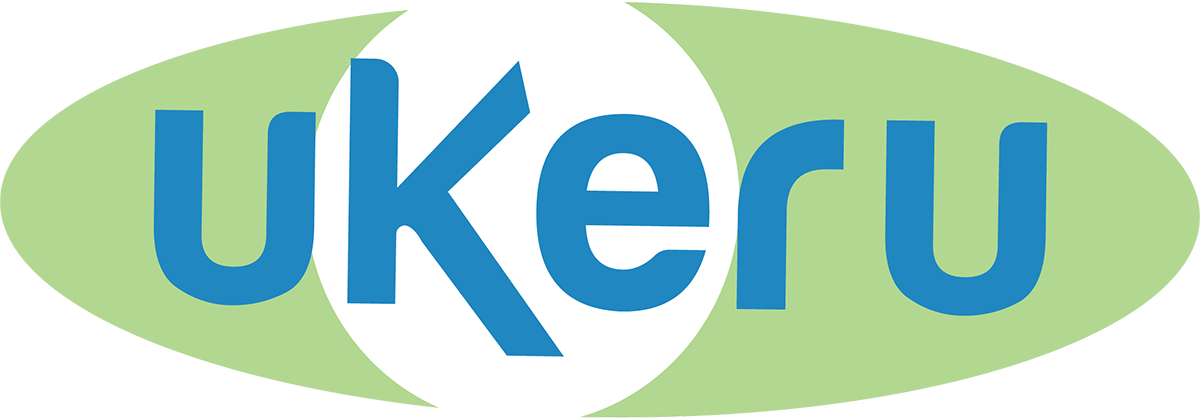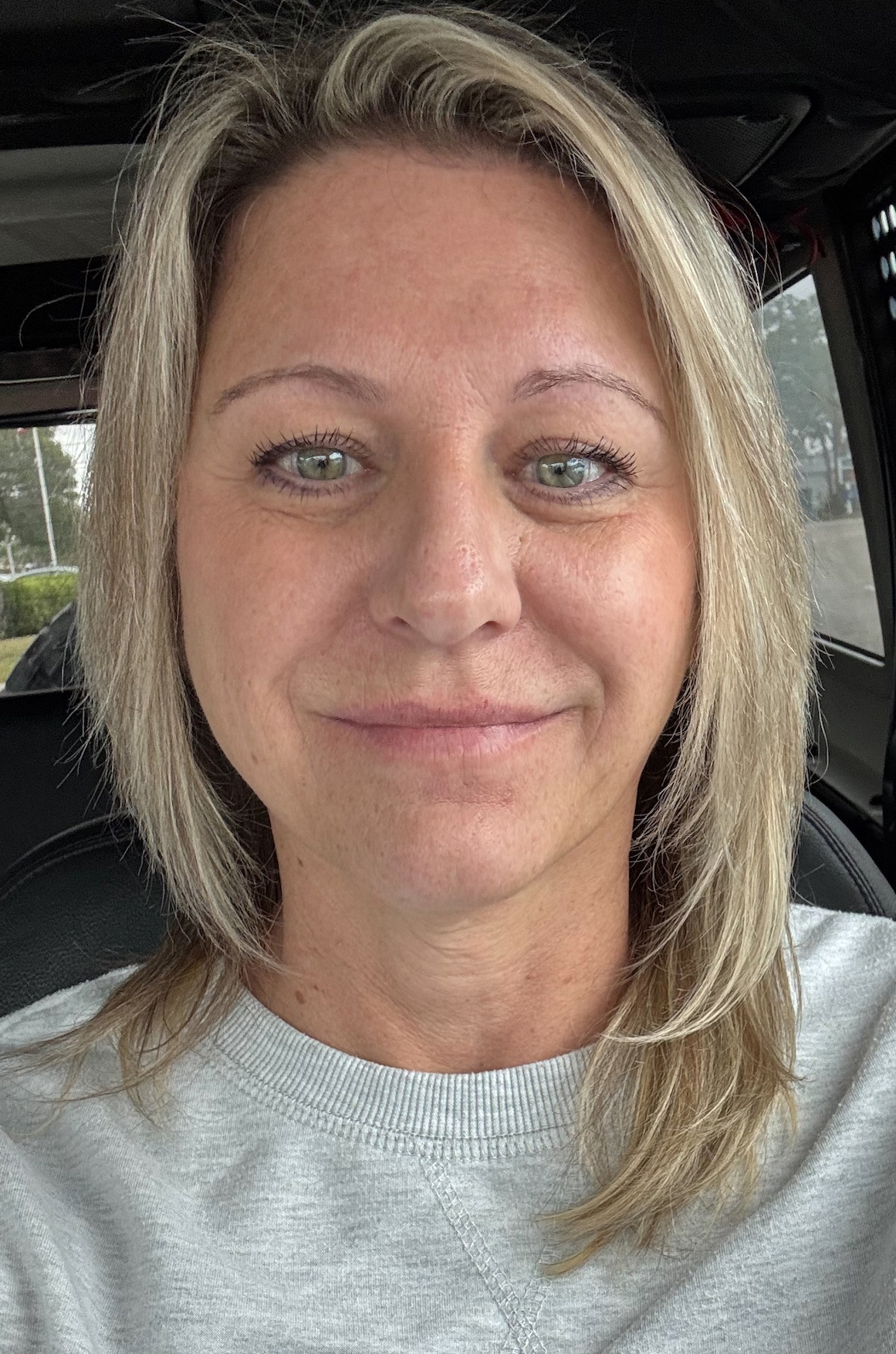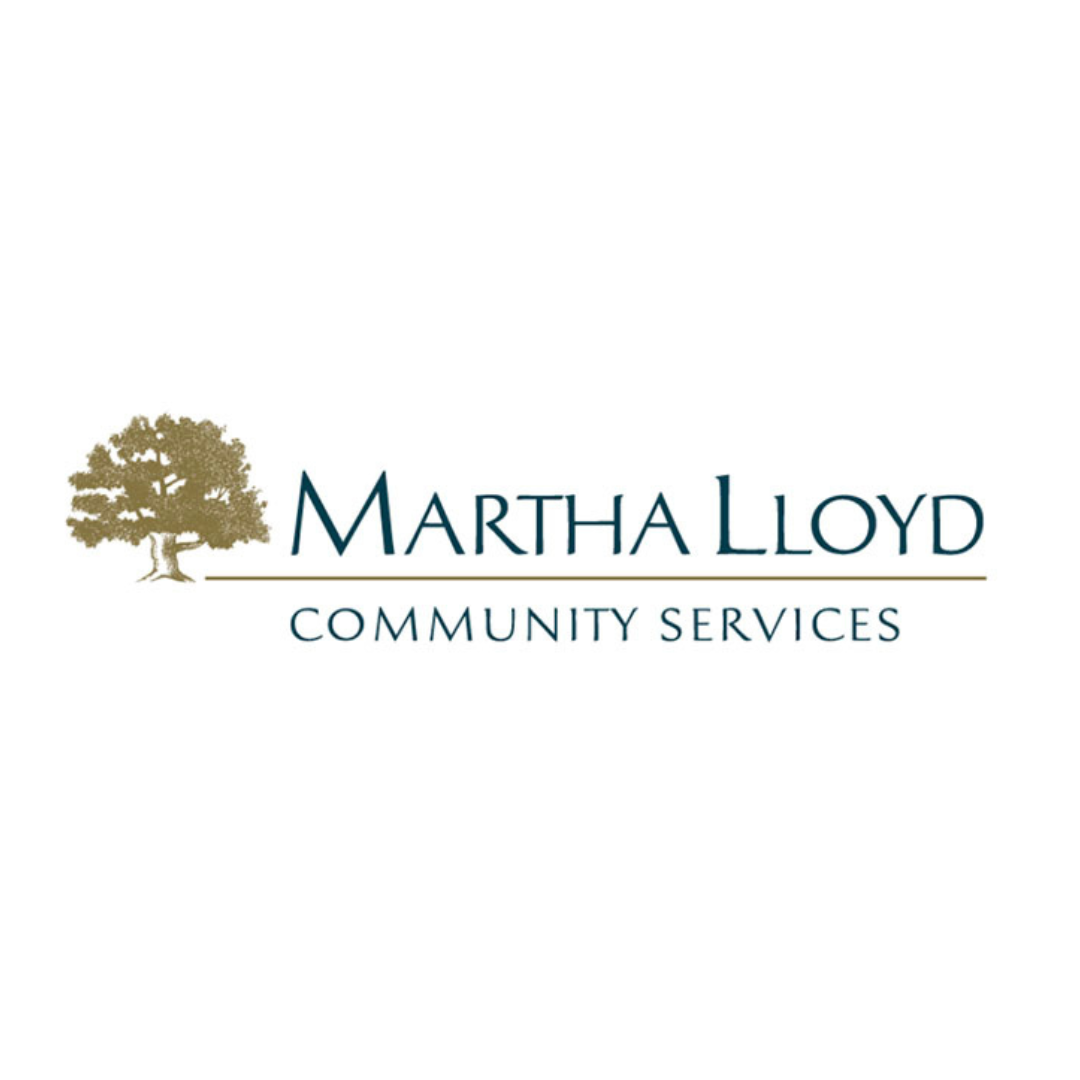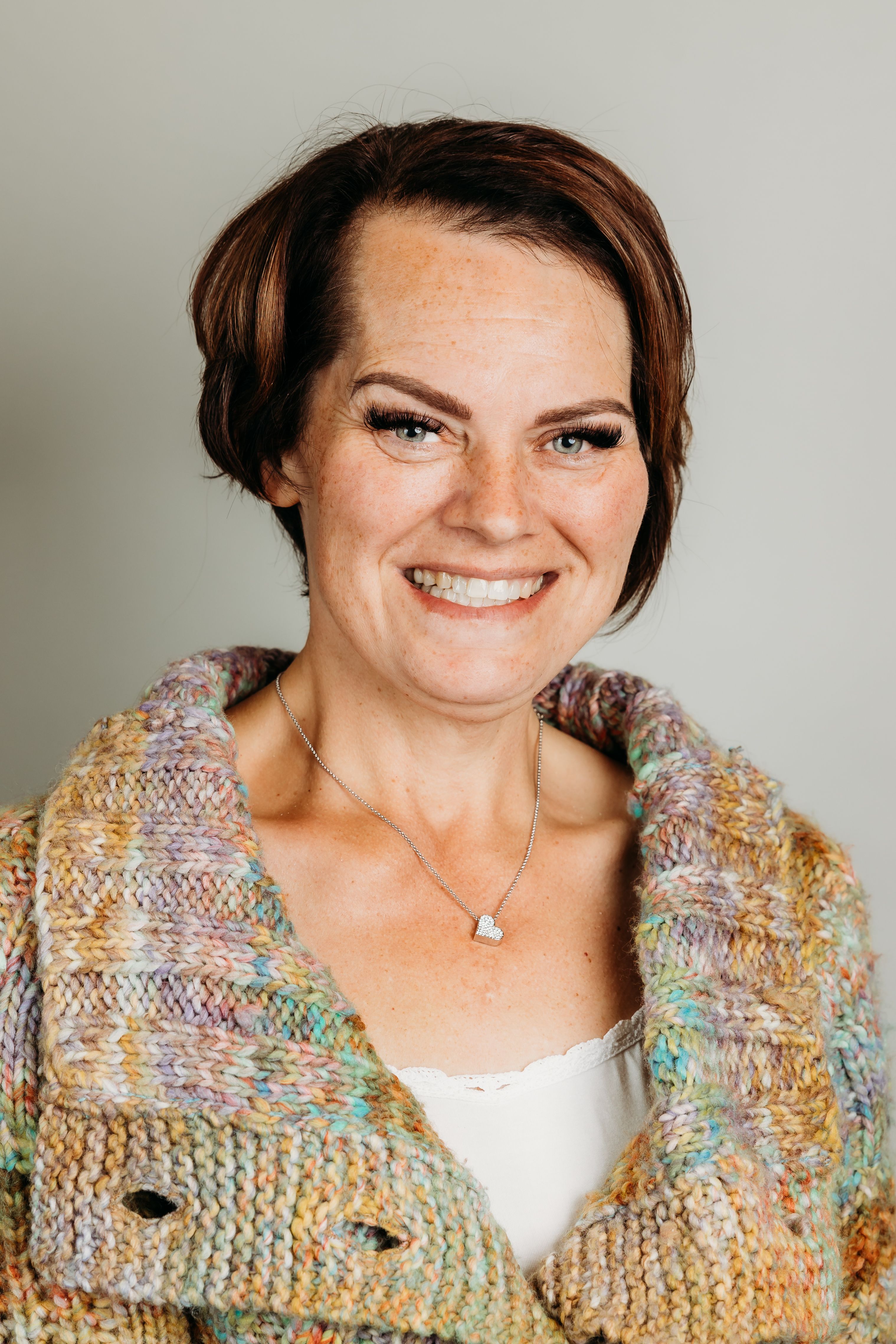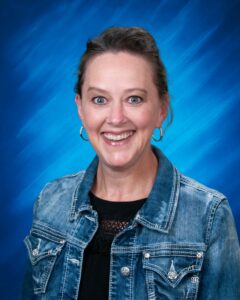
Jen Sahr has always been a part of the Fargo Public Schools in Fargo, North Dakota. Her parents were both educators and she was a student in the district. Jen now serves current student s and staff as the Multi-Tier System of Supports (MTSS) Coordinator. She calls the Fargo School District, which educates over 11,000 preK through 12th grade students, her “forever home.”
“I am committed to providing core academic and social, emotional, and behavioral education to all students, and intensifying that instruction when needed,” said Jen.
And Ukeru is committed to helping! Jen has been a Ukeru trainer for three years. Here is an excerpt from a recent interview:
Q: What population do you work with? What inspired you to get into this field?
I serve the students and staff of the Fargo Public Schools as the Multi-Tier System of Supports (MTSS) Coordinator. Fargo Public Schools educates over 11,000 preK-grade 12 students annually and employs over 1,100 teachers, 85 administrators, and nearly 1,200 support staff.
The Fargo Public School District has been my forever home. As a child raised by parents who were educators in the system and in my own experiences as a student in the district, I am committed to providing core academic and social, emotional, and behavioral education to all students, and intensifying that instruction when needed.
Q: What part of Ukeru do you enjoy teaching the most and why?
Give me the brain every single time!! Any time we can connect brain development and function with learning, unlearning, and relearning helps us, the adults, to link our understanding and responses to basic neurology. You can’t argue with science. Brain science helps us understand why and how to intervene with students’ instructional needs – academic and social, emotional, behavioral.
Q: What would you say to someone who is unsure about using Ukeru?
The trauma-informed practices of Ukeru are rooted in compassion and safety. The Ukeru understandings and strategies allow students and adults to engage and maintain the thinking part of their brain – reducing escalation while building relationships and giving dysregulated situations the necessary time and space to regain regulation and peace.
Q: What advice or tip would you give to a new Ukeru trainer?
There is a tendency for adults to want to “stop” an unpreferred behavior. In previous interactions, this would require a power-laden interaction (e.g., a threat, withholding a desired activity, “the look”). Be calm and patient in your interactions with students and new trainees. This includes reducing verbal responses, walking slowly, and minimizing eye contact. By practicing these things throughout the day, your responses to students and modeling to new users aids in skill development.
Q: How has Ukeru impacted your life?
As the district’s MTSS Coordinator, I work with a great team of educators who are dedicated to providing safe environments that allow for student achievement. Ukeru is providing staff tools, strategies, and techniques to maintain and regain safety. We have seen an over 80% decrease in restraints and staff injuries have decreased by over 60% in our first two years of implementation. We have more work to do, and Ukeru is helping get there.
Q: What is your favorite quote or a motto that you like to live by?
To embrace status quo is to accept the fate of an extinct species. ~Larry Lezotte
Q: What three words would you use to describe Ukeru?
Essential, practical, empathy-rich
